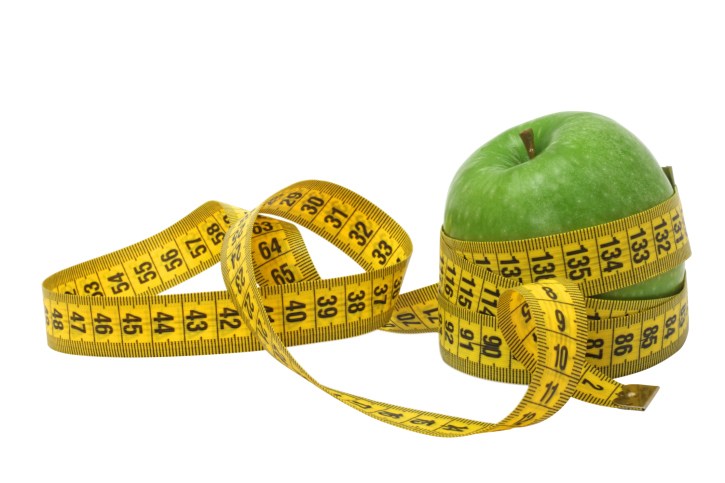Mouse study suggests how artificial sweeteners could ruin your diet
Researchers have some news about artificial sweeteners that might help understand why they could ruin your diet. Sweeteners have repeatedly been suggested to lead to more weight gain. According to a new mouse study, artificial sweeteners seem to lead to later cravings for high calorie foods because they fail to activate important chemical pathways in the brain needed for reward.
Investigators for the study state we crave sugar, in part, because we need energy that artificial sweeteners cannot deliver. Additionally, sugar, not sweeteners activates an important brain chemical linked to reward. Professor Ivan de Araujo, who led the study at Yale University School of Medicine USA, said in a press release: "The consumption of high-calorie beverages is a major contributor to weight gain and obesity, even after the introduction of artificial sweeteners to the market. We believe that the discovery is important because it shows how physiological states may impact on our choices between sugars and sweeteners.
For their studies, researchers tested mouse behavior related to sweeteners and sugar while looking at chemical responses in the reward regions of the brain. The scientists were able to pinpoint a specific brain signal that activates dopamine and is only triggered when sugar is broken down for energy.
Professor de Araujo says: "According to the data, when we apply substances that interfere with a critical step of the 'sugar-to-energy pathway', the interest of the animals in consuming artificial sweetener decreases significantly, along with important reductions in brain dopamine levels.”
When mice were hungry they preferred sugar over artificial sweeteners even though sugar is not as sweet tasting de Araujo added. "Specifically, it implies that humans frequently ingesting low-calorie sweet products in a state of hunger or exhaustion may be more likely to 'relapse' and choose high calorie alternatives in the future. De Araujo said it may be that combining artificial sweeteners with small amounts of sugar could ensure that energy metabolism doesn’t drop, which would help keep calorie intake lower in the long-run.
Why we need sugar
Sugar is a carbohydrate that gives our organs energy needed to function properly. Sucrose, fructose and lactose are found in honey, fruits and vegetables and sucrose is what’s in our sugar bowl, whether it is refined, unrefined, brown sugar or white sugar. Sugar has gotten a lot of bad press, but that’s because most people consume way too much, especially in the form of soft drinks.
In addition, high fructose corn syrup has been added to almost every pre-packaged prepared food that we pull off the shelf. The average American consumes about 22 teaspoons of sugar a day. The AHA recommends 6 teaspoons for women and 9 for men to meet energy needs. To give perspective, one can of regular soda contains 8 teaspoons of sugar.
Low-calorie sweeteners may not be the best choice when dieting
The researchers still need to learn more about specific pathways in the brain that are activated by artificial sweeteners. The mouse study, published in the Journal of Physiology, lends insight into why trying to maintain a low-calorie diet by eliminating sugar could lead to food cravings later and weight gain.
-
Eat Fat, Lose Weight and Be Healthy
Over the past half century, we have become a fat-phobic nation. Thi
-
7 Super Foods To Help You Lose Weight Healthy
Many people who want to lose weight find
-
THIS Is What’s Causing You To Feel Bloated All the Time
Are you constantly compl
-
Processed Foods Advice From Swiss Sciences Nutrition
The effects of processed food on our hea
-
You Can Lose Weight Naturally
If you are looking for ways to lose weight naturally you are not alone
-
Midlife weight loss linked with higher dementia risk
Weight loss beginning in midlife and extending into later life
- DON'T MISS
- Food Lovers Fat Loss - Eat Yourself Slim
- NutriSystem Food And Why You Should Try It
- Intellectual Hyponsis For Weight Loss
- Big Fat Flops
- The Best Weight Loss Program
- Tricks That Make Weight Loss More Fun
- 3 Simple Tips To Help You Lose Weight Naturally
- Stop Your Sweet Cravings Fast With Pink Grapefruit Essential Oil
- Do HCG Diet Plan Really Work Or Is It Only A Gimmick?
- Success Guide To Fat Burning Muscle Building Workouts




